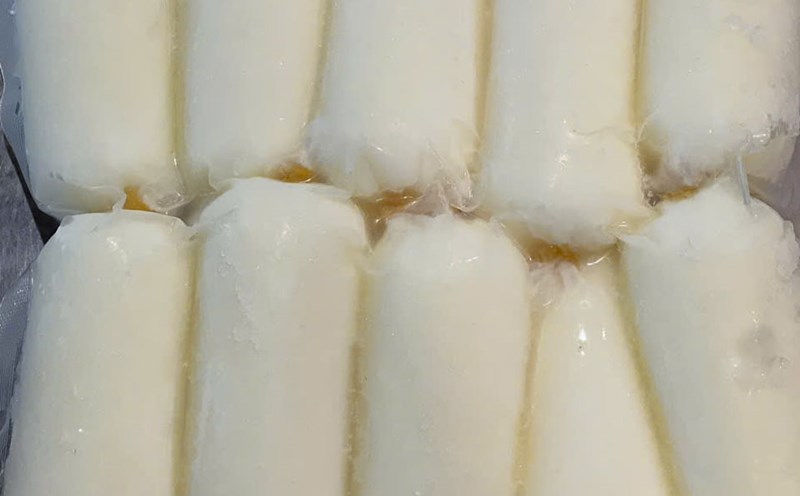According to the United States Department of Agriculture, 100 grams of sweet potatoes provide about 86 kcal, 3 grams of fiber, 1.6 g of protein, and many vitamins and minerals.
In particular, the beta-carotene content in sweet potatoes helps increase vision and resistance.
An analysis published in Nutrients shows that eating sweet potatoes regularly can reduce the risk of obesity and improve insulin sensitivity.
This is the reason why this tubers are always in the healthy food group, recommended to be added to a balanced diet.
It should be noted that sweet potatoes contain many oxalates, natural compounds found in many types of vegetables. oxalate when entering the body will combine with calcium to form calcium oxalate, which is the main ingredient in more than 70% of cases of kidney stones.
Research by the Mayo Clinic (2023) shows that people who consume foods rich in oxalates, including sweet potatoes, are 1.5 - 2 times more likely to develop kidney stones than those who eat less oxalates.
According to the National Kidney Foundation (NKF), people with a history of kidney stones or poor kidney function should limit their intake of foods rich in oxalates, including sweet potatoes, spinach and amaranth.
Sweet potatoes contain a fairly high amount of potassium (337 mg/100 g). For healthy people, potassium helps regulate blood pressure.
However, for patients with kidney failure, the kidneys have difficulty eliminating excess potassium, leading to increased blood potassium, which can cause dangerous heart rhythm disturbances.
Despite the potential risks, sweet potatoes are still a nutritious food if used properly. Health organizations make a number of recommendations:
Eat with calcium-rich foods
Eating sweet potatoes with yogurt, cheese or foods rich in calcium helps oxalate to be attached to the intestines and excreted through stools, instead of entering the blood and settling in the kidneys.
Drink enough water
WHO (2024) emphasizes that drinking 2-2.5 liters of water per day helps dilute the concentration of oxalate and calcium in urine, reducing the risk of stone crystallization.
Don't eat too much in the evening
Eating sweet potatoes late at night can cause indigestion and increase the burden of filter for the kidneys at rest.
Process properly
Boiling or steaming is the best choice. Boiled potatoes can reduce the oxalate content by up to 30% compared to baked or fried.









